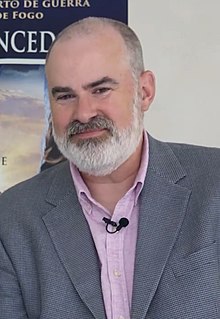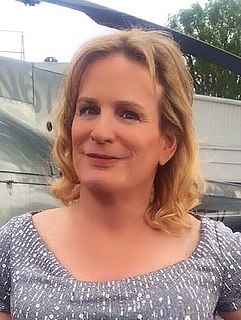A Quote by Beatrice Wood
Hardships and handicaps can...stimulate our energy to survive them. You'll find if you study the lives of people who've accomplished things, it's often been done with the help of great willpower in overcoming this and that.
Related Quotes
We should certainly not be perpetuating further harm to others or to the environment. Suppose that workers at ExxonMobil are trying to unionize. We have two choices: to help them improve their lives, or to keep away so that their lives will be worse. Neither choice has any effect on use of fossil fuels. So radical organizers can both help them unionize and improve their lives, and convince them to find a different way to survive and work for ending the use of fossil fuels.
Punishment by definition isn't going to help. So what you need to do is to help people to change and recover is to help them find different areas of passion and help them find better ways of coping. Because about 50 percent of people with addiction have a preexisting mental illness, about two-thirds have had some type of severe trauma during childhood, and they are not using to the point where they're risking their lives because it's fun. They're doing something to help them cope.
As our kids are drawn into, you know, Facebook and twittering and having their own cell phone and iPod and all those things , all of those things will take up as much time as you give them. What our goal is is to help them find that natural balance so that the things of our culture don't just steal their hearts and their minds and just consume their lives.
The times when black women have been successful in confronting and overcoming the structural and institutional sexism and racism that persists in our society have been when we are thoughtful and strategic about speaking up. It's when we've done what it takes to introduce and implement our ideas and our plans to make things better.








































